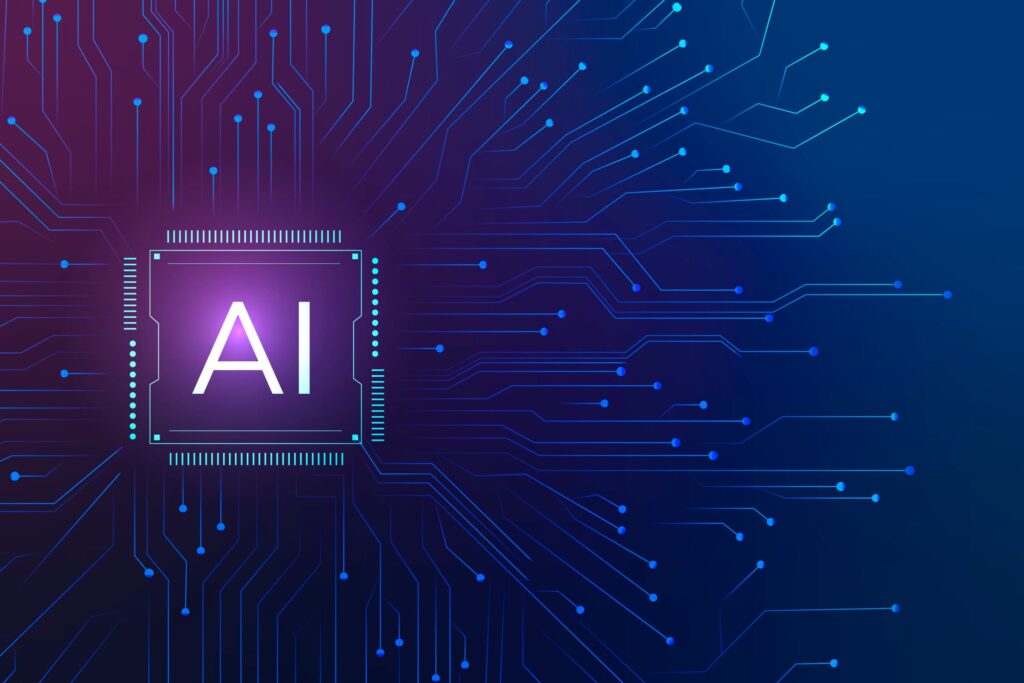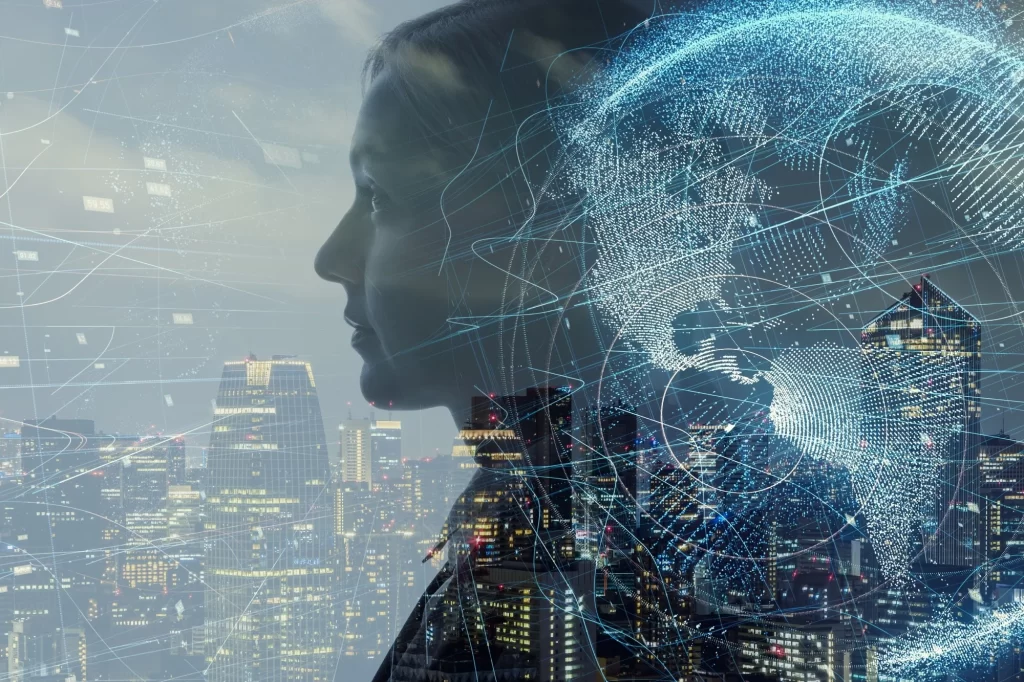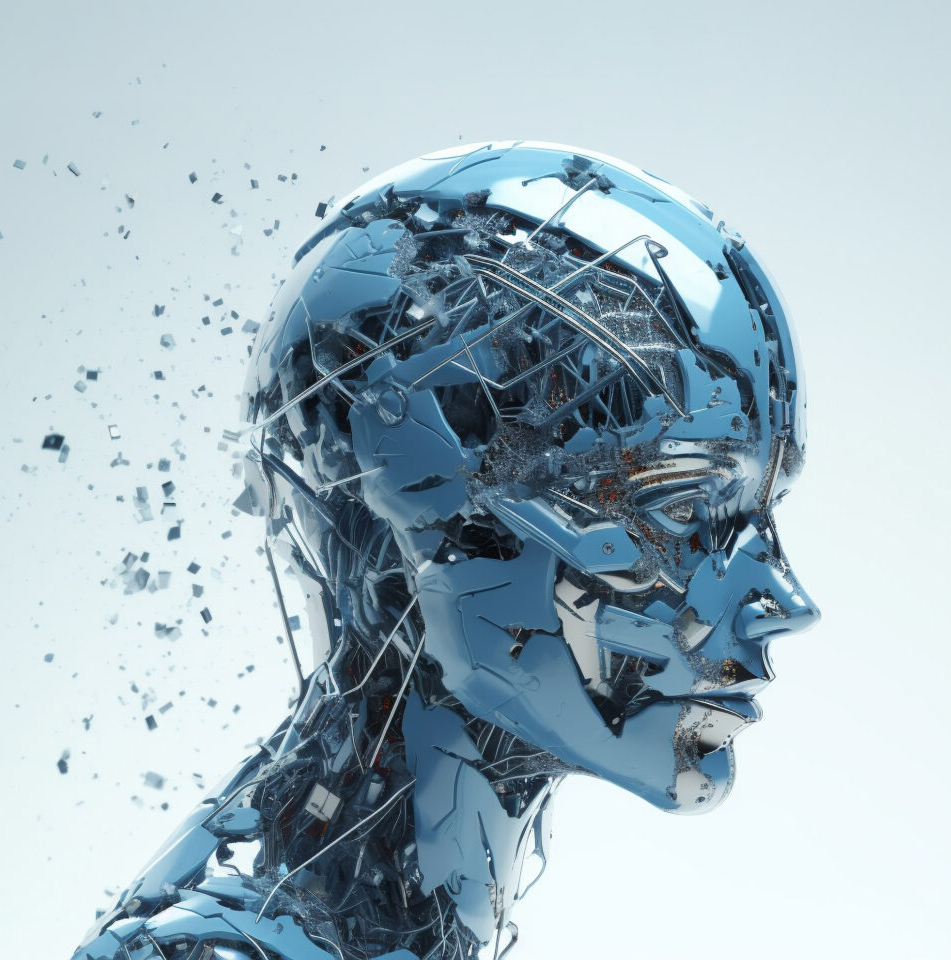Welcome to ITCoordinates.
Helping your business succeed by connecting the dots in Information Technology
Is Artificial Intelligence A Boon Or Bane?
- Home
- Is Artificial Intelligence A Boon Or Bane?
Is Artificial Intelligence A Boon Or Bane?

As in every field, from Automobile to education, Artificial Intelligence is becoming an essential part of every aspect. Especially in this digital era, the role technology is playing in our daily lives is making everyone tech-friendly. Google, driverless cars, and Tesla’s Autopilots all are the impact of AI. The way Artificial Intelligence upgraded the lives of Everyone to a level, raises a question inside every mind Is this the future or a threat to the future?
Artificial Intelligence is a kind of Machine Intelligence or simply we can say that it’s human intelligence that is processed by machines through a computer system. If you are looking around, it’s crystal clear how AI has transformed the world. Uber, one of the largest biggest companies in the world, is one of the best examples of Machine learning, which helps the process behind predicting where people need rides. Like this, in every sector, AI has some astonishing power.
Strong And Weak AI
AI can be classified into two types:
-
Strong AI, also known as Artificial General Intelligence (AGI) is capable of finding solutions to unfamiliar tasks and it can replicate the cognitive ability of the human brain.
-
Weak AI, also known as Narrow AI is designed to complete a specific task. Chatbots, Voice assistants like Siri, and Industrial Robots all belong to this weak AI.

Different Types Of AI

AI can be divided into 4 types:
-
Reactive Machines
These AI systems are task-oriented and are not able to memorize, which makes them incapable of informing future ones about past experiences.
-
Limited Memory
Self-driving cars are examples of this AI system. here it can memorize and can inform about the future.
-
Theory of mind
The theory of mind is so much related to human emotions. When it applies to AI the system will be able to understand emotions.
-
Self-awareness
In this type of AI system they have a sense of self, which makes the machine find out their state and this system does not yet exist.
How Is AI Applied Today?
AI has its demand in today’s market whether it’s in Education, Healthcare, Media, Finance, and so on.
-
Automation
AI can automate a variety of time-consuming and repetitive processes, freeing up human labor or higher-order, more creative tasks.
-
Personalization
AI may be used to customize goods and services, giving customers a better experience and raising customer happiness.
-
Improved Safety
In sectors like transportation, manufacturing, and construction, Artificial Intelligence (AI) can help increase safety by identifying possible risks and averting accidents
-
Precision And Accuracy
AI can thoroughly and accurately evaluate and process massive volumes of data, which can result in better-informed decisions in a variety of industries, including Pharma, finance and education.
AI Domination Over Human

As Stephen Hawking once said, “The development of full artificial intelligence could spell the end of the human race”, this is still circling as a current issue in everyone’s conversation. As we know, AI is the future, and especially in this digital age, its multitasking ability makes it a boon. It reduces the time for data-heavy tasks, and consistent results all make it one of the best inventions of the 21st century.
At the same time, the reason that AI can give better results in less time than humans makes it a bane to the entire human society. As it completely replaces human beings and can interrupt human presence in every field.
Consequences Of AI
-
Job displacement
The automation of certain jobs through AI could lead to job displacement for some workers, particularly those in low-skill or repetitive jobs.
-
Discrimination and Bias
AI algorithms have the potential to reinforce and even exacerbate pre-existing bias and discrimination in society if they are not carefully designed and tested.
-
Privacy and security issues
If AI systems that gather and analyze vast volumes of personal data are not properly safeguarded, they could constitute a threat to privacy and security.

AI’s potential for weaponization, including the creation of autonomous weapons, could have negative and potentially harmful effects.
Ultimately, it’s critical to guarantee that AI is created and applied responsibly and ethically to maximize its positive effects while minimizing any potential bad ones.
Does AI Need It?

According to history, individuals are continually looking for ways to do the activities they are working on that are quicker, easier, and more efficient, and easy.
As a result, people always look for new and better ways to complete tasks due to the need for growth.
AI enables computers to reason, learn, and use logic. When scientists, medical researchers, doctors, mathematicians, and engineers work together, they can develop Artificial Intelligence (AI) that is specifically geared toward medical diagnosis and treatments, offering dependable and secure ways to deliver healthcare.
Machines are good at long, boring tasks like risk monitoring, information gathering to make decisions, data analysis for patterns and trends, arranging for us to use scarce or polluting resources more effectively, reacting quicker than humans, operating other machines, and don’t get tired or afraid. They can even be used to take care of their human owners, as in the form of smartphones with applications. But, the more we rely on technology, the less creative, productive, and self-sufficient we become.
Conclusion
Artificial Intelligence can be good or bad depending on how we use it. The purpose of the knife is to cut it. A cook may produce delectable food, whereas a murderer can cause harm to others. The use of AI is therefore entirely dependent upon how we educate it and how we use it
0